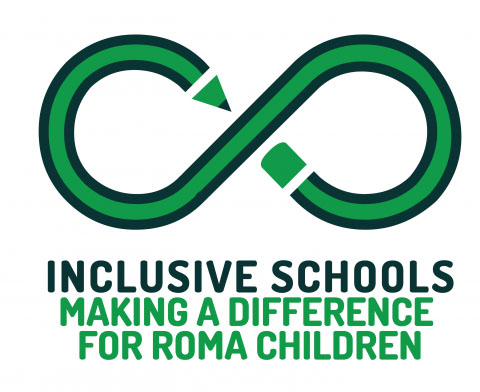About the project
 Presentation of the INSCHOOL Project
Presentation of the INSCHOOL Project
European Union and Council of Europe Joint Project “Inclusive Schools: Making a Difference for Roma Children” (INSCHOOL 3) aims to support the design and implementation of national inclusive education policies and innovative inclusive education practices in Bulgaria, the Czech Republic, Hungary, Romania, Portugal and the Slovak Republic, in line with European standards and principles for quality inclusive education. The current (third) cycle of the project will renew its commitment to improving the access, participation and performance of Roma and children at risk of marginalisation and exclusion in pre-school and compulsory education.
The Project has the following specific objectives:
- Ensuring that National education policies, coordination structures, recovery and resilience plans and operational programmes are in line with European standards and practices on Quality Inclusive Education and continue to meet the relevant thematic enabling conditions under 20212027 EU fund programmes;
- Supporting National level evidence based solutions, promoting changes in inclusive education policy and practice, and acting to reduce and prevent further segregation of children in educational settings;
- Strengthening the capacity, competences and awareness of education institutions, schools, EU funds managing authorities and civil society on inclusive education;
- Raising and promoting the awareness of the general public about the meaning and benefits of inclusive education.
The current cycle of implementation will upscale its reach and support in the six selected member States, through cooperation with relevant stakeholders including Ministries of Education, National Roma Contact Points, EU funds managing authorities, national policy coordination entities, educational institutions, teachers and civil society organisations in the process of design, implementation, monitoring and review of national strategies and relevant EU funds programmes that promote and enable quality and inclusive education (QIE) for all children via inclusive mainstream reform and targeted support to marginalised Roma children.
The “Index for Inclusion: a guide for school development led by inclusive values” (by Tony Booth and Mel Ainscow) together with relevant Council of Europe educational standards will remain the main source of inspiration and at the essence of the project interventions.
The interventions of the Project will be articulated around the following four interlinked components:
- Technical assistance and cooperation to relevant national public authorities in the process of design, implementation, monitoring, and review of relevant education and/or Roma inclusion policies;
- Development of evidence based solutions based on research and data as a support tool to relevant stakeholders and project partners in the process of policy making for quality inclusive education and Roma inclusion, and to develop solutions for the desegregation of Roma children in educational settings;
- Capacity building of relevant stakeholders with a focus on strengthening the human, institutional and organisational capacities through education, training, peer-exchanges, etc. An international and/or cross-country exchange among policy and education institutions will be ensured in order to deepen the understanding on Quality Inclusive Education and learn from innovative practices in policy and education available across Europe;
- Raising awareness about the benefits of inclusive education among the general public and relevant education stakeholders.

